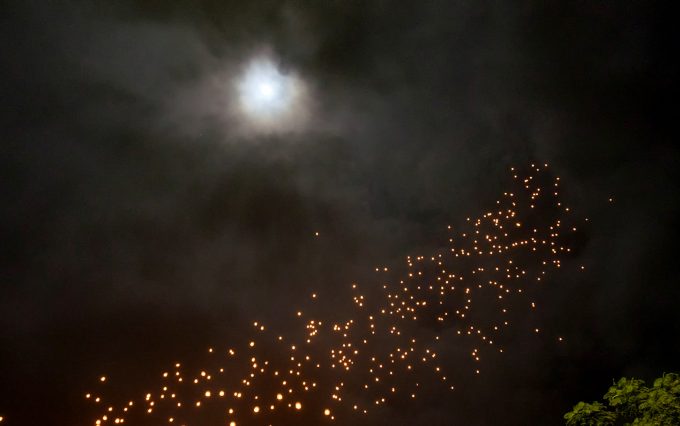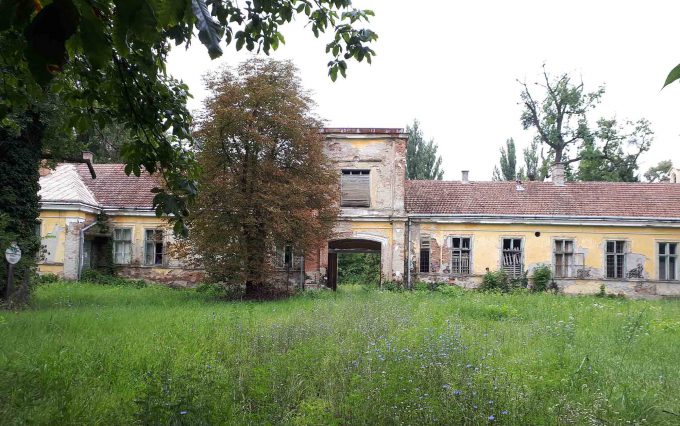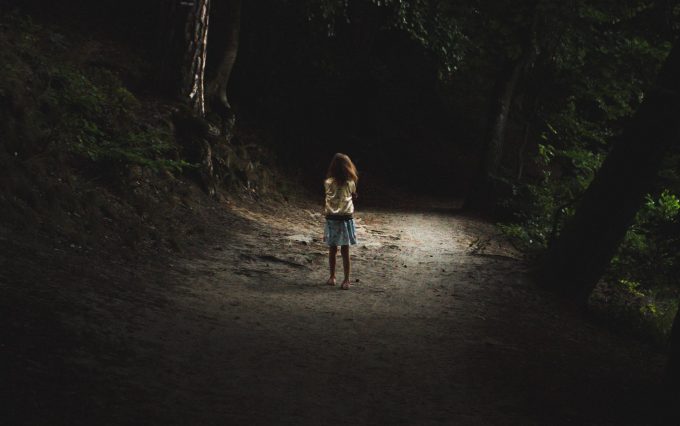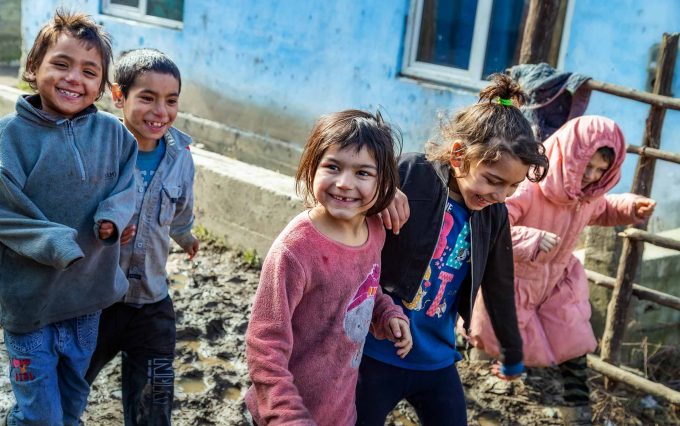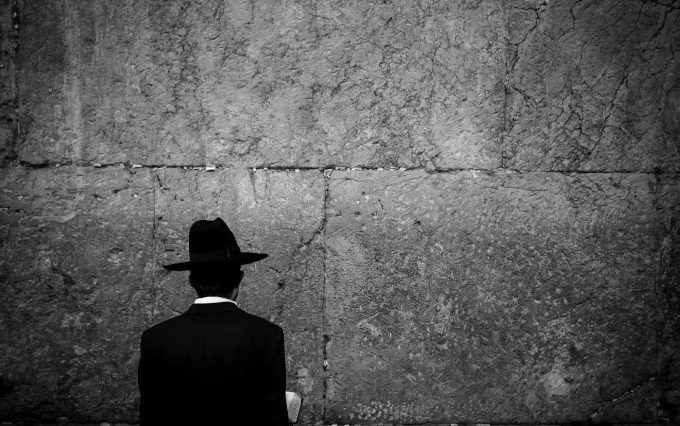#hungary
The Hungarian novelist Attila Bartis on the necessity to consider his white identity in Indonesia, and what lies at the roots of racial prejudice.
Animals, language, and Dadaistic gestures collide in this poem by Hungarian poet Kinga Tóth, in a translation by Belarussian poet Valzhyna Mort with Owen Good.
An alcoholic father is drafted during the Yugoslav war, in a poem by Hungarian poet Anna Terék, translated by Belarussian poet Valzhyna Mort with Owen Good.
In Hungarian writer László Szilasi’s excerpt, Doctor Tardits returns to the village from Auschwitz, but what remains of his life there? Or who has occupied it since?
Hungarian writer Róbert Hász recounts tales of his family home, a former pub in the multicultural province of Vojvodina, in modern-day Serbia.
The Hungarian writer Krisztina Tóth reflects on adoption, anti-Gypsyism, and the gut fears that we inherit from our ancestors, and carry forward.
What are the benefits to prejudice? The Hungarian author János Háy explores our advantageous relationship to prejudice and discrimination as humans.
Hungarian author Eszter Babarczy’s short story about a white Hungarian student’s attempts while volunteering to find and solve problems within a Roma family.
In Hungarian writer Gábor T. Szántó’s story, as communism falls and the Russian troops withdraw from Hungary, an elderly rabbi receives an unlikely visit.
